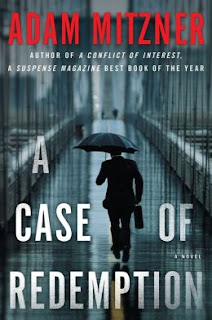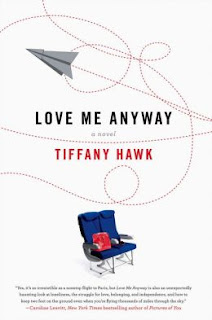 She applied the Page 69 Test to The Enchanted Life of Adam Hope, her recently released debut novel, and reported the following:
She applied the Page 69 Test to The Enchanted Life of Adam Hope, her recently released debut novel, and reported the following:At first glance, page 69 may seem more like a transition scene. But, in fact, there is a lot happening. On that page, the narrator, Evelyn’s parents arrive at the farm she is taking care of. Nineteen-year-old Evelyn was there alone during a huge storm that brought a stranger to her, someone who has changed dramatically and now looks very much like her. On this page, Momma and Daddy come to check on Evelyn and they meet the stranger, Addie, for the first time. Evelyn tells them the lie she made up to explain Addie’s similarity to her. She wants to protect Addie, and she is certain no one would believe the truth. While she is doing that, the low inaudible vibration of Addie’s voice, calms the scene. And though neither Evelyn or the readers knows it at the time, Momma’s reaction to Addie is tainted by her own secret, a secret that will not be revealed until the second half of the book. The long-term love story between A. and Evelyn is not so evident on this page, but their complicity is. Evelyn covers for Addie and Addie uses her voice to sooth and change the tone of the situation, as she will throughout the novel. Most readers seem to focus on the relationship between A. and Evelyn, but for me, Evelyn’s relationship with her mother is also very important. This page certainly reveals the beginning of the novel’s theme of lying and story-telling, it begins the books exploration of the ways we reveal or hide ourselves even in love, in all kinds of love, not just romantic sexual love. The most important elements of the novel are there on page 69, but I think a reader popping open the book and checking that page might not see that. It is not a particularly dramatic scene.Learn more about the book and author at Rhonda Riley's website and Facebook page.
--Marshal Zeringue






























